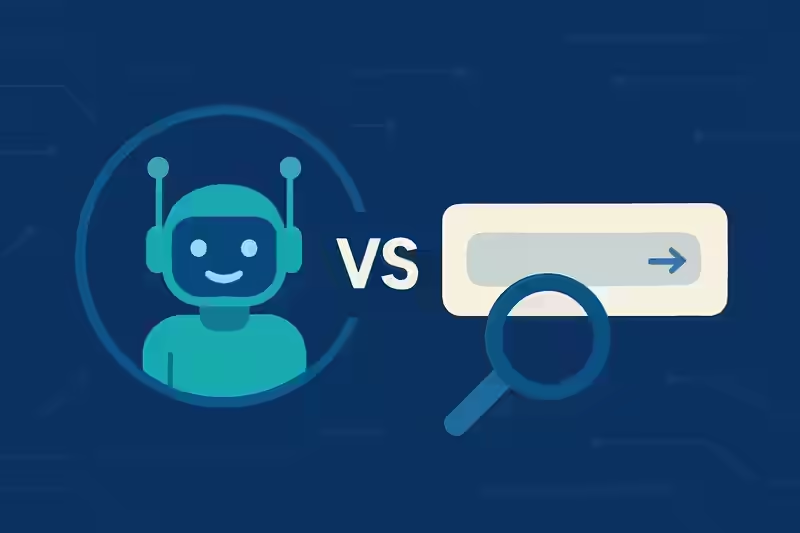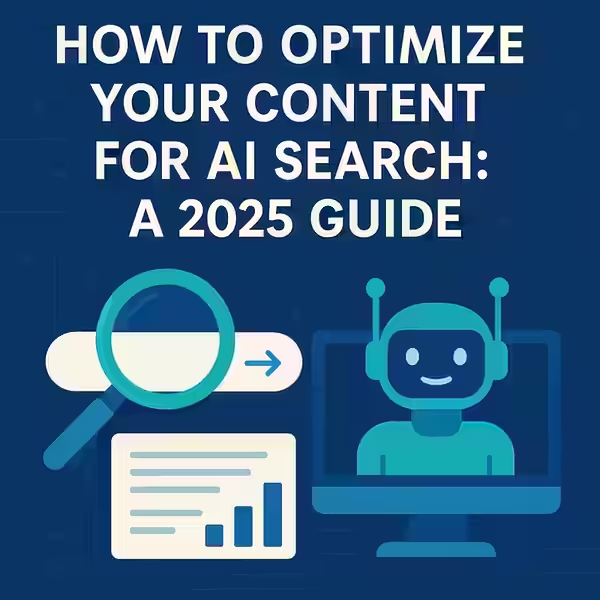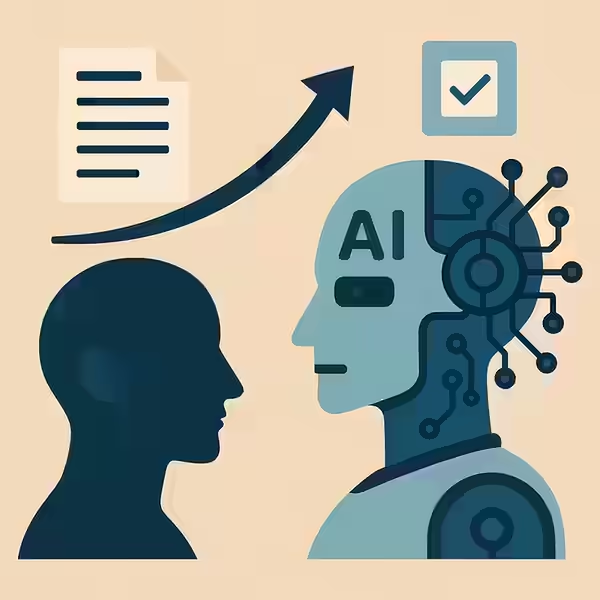ChatGPT vs. Traditional SEO: The New Battle for Search Visibility

ChatGPT vs. Traditional SEO: The New Battle for Search Visibility
The emergence of ChatGPT and other AI language models has created a paradigm shift in how users search for and consume information. This article explores the evolving relationship between traditional SEO and AI-powered search.
The Changing Search Landscape
Traditional SEO Approach
-
Keyword Optimization
- Target keyword research
- Long-tail variations
- Search intent matching
-
Backlink Building
- Quality link acquisition
- Authority building
- Link profile management
-
Technical SEO
- Site structure
- Performance optimization
- Mobile responsiveness
-
Content Structure
- Header hierarchy
- Meta descriptions
- URL optimization
-
Meta Tags
- Title tags
- Meta descriptions
- Schema markup
ChatGPT’s Impact
| Feature | Description | Impact |
|---|---|---|
| Natural Language | Conversational queries | More intuitive |
| Contextual Understanding | Better query interpretation | More accurate results |
| Direct Answers | Immediate responses | Better UX |
| Source Citations | Reference tracking | Increased trust |
| Conversational Interface | Interactive experience | Higher engagement |
How ChatGPT is Changing Search Behavior
User Behavior Changes
-
More Natural Queries
- Conversational language
- Complex questions
- Context-aware searches
-
Expectation of Direct Answers
- Immediate responses
- Comprehensive information
- Clear explanations
-
Less Reliance on Traditional Results
- AI-powered summaries
- Integrated information
- Dynamic responses
Content Consumption Patterns
Users are increasingly preferring AI-powered search experiences that provide comprehensive, well-structured information.
Traditional SEO vs. AI-Optimized Content
Key Differences
| Aspect | Traditional SEO | AI-Optimized |
|---|---|---|
| Content Structure | Keyword-focused | Context-focused |
| Optimization | Technical emphasis | Natural language |
| User Experience | Search and browse | Direct answers |
| Content Depth | Keyword density | Comprehensive coverage |
| Authority Signals | Backlinks | Source credibility |
Hybrid Approaches That Work
Best Practices
-
Technical SEO Fundamentals
- Site structure
- Performance
- Mobile optimization
-
AI Optimization
- Natural language
- Context awareness
- User intent
-
Content Quality
- Authority building
- Expert insights
- Comprehensive coverage
Content Strategy
-
Answer-Focused Content
- Direct responses
- Clear structure
- Comprehensive coverage
-
Expert Insights
- Unique perspectives
- Data-backed information
- Professional analysis
-
Technical Implementation
- Schema markup
- Mobile optimization
- Performance focus
Case Studies of Successful Strategies
Real-World Examples
| Strategy | Implementation | Results |
|---|---|---|
| Content Optimization | Q&A format | 40% increase in engagement |
| Technical SEO | Mobile-first | 60% better performance |
| User Experience | Interactive elements | 50% longer session time |
Future Predictions for Search
Emerging Trends
-
AI Integration
- Advanced understanding
- Better context awareness
- Enhanced personalization
-
User Experience
- More conversational
- Better personalization
- Enhanced interactivity
-
Content Strategy
- More comprehensive
- Better structured
- Enhanced credibility
Conclusion
The future of search lies in a balanced approach that combines traditional SEO best practices with AI-optimized content strategies. Success will come from understanding and implementing both approaches effectively.
Pro Tip: Start implementing AI-friendly content strategies while maintaining strong technical SEO fundamentals for the best results in the evolving search landscape.


